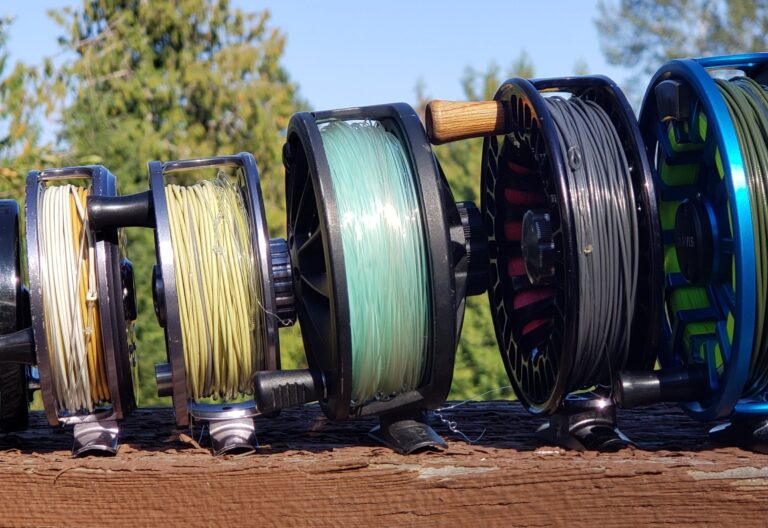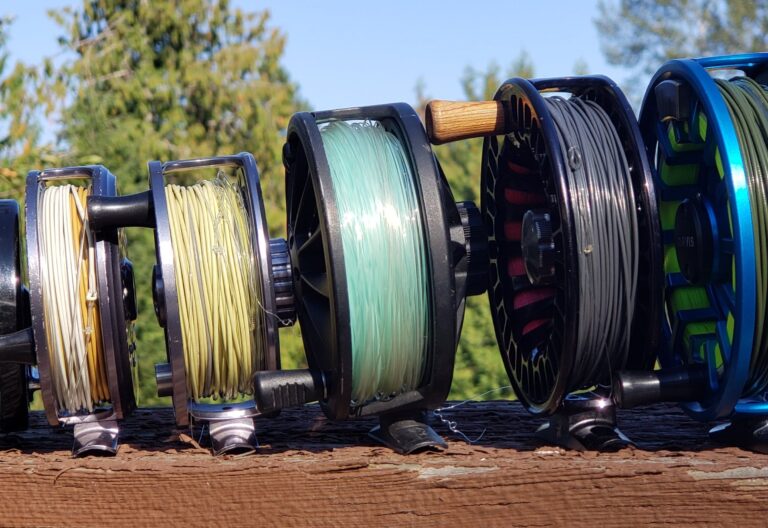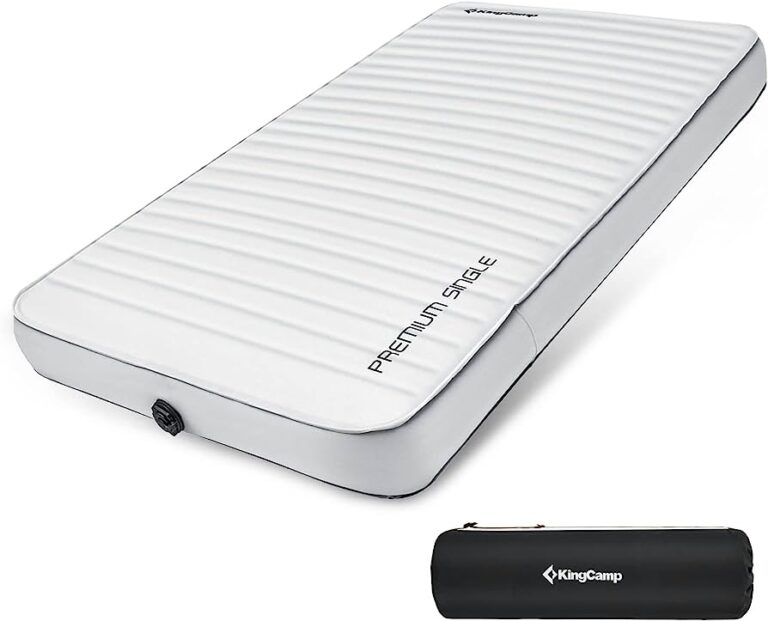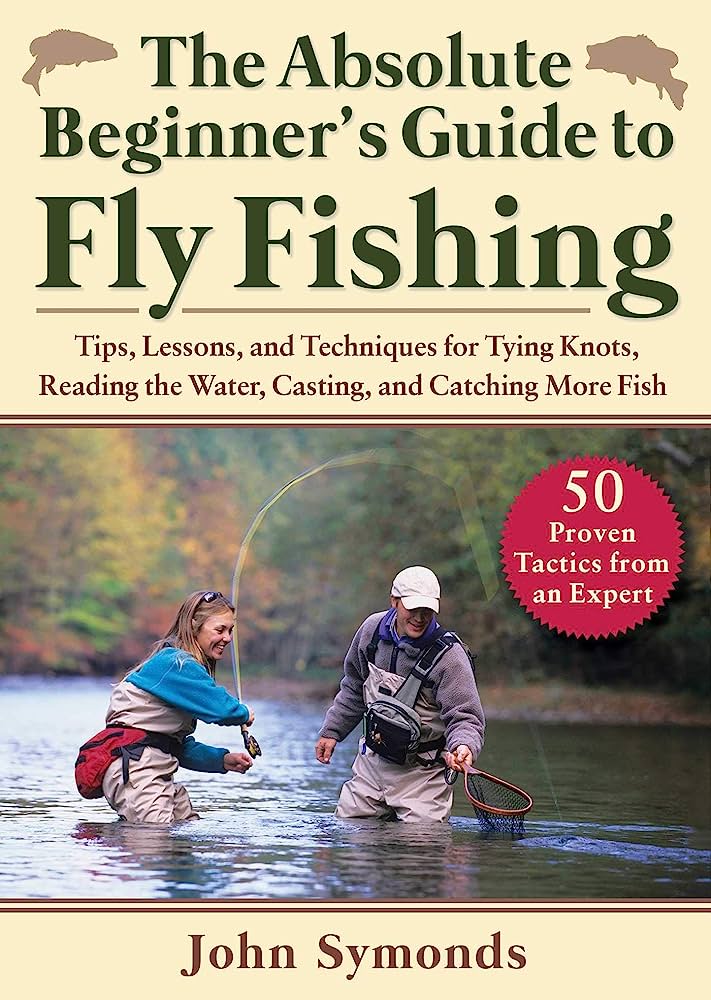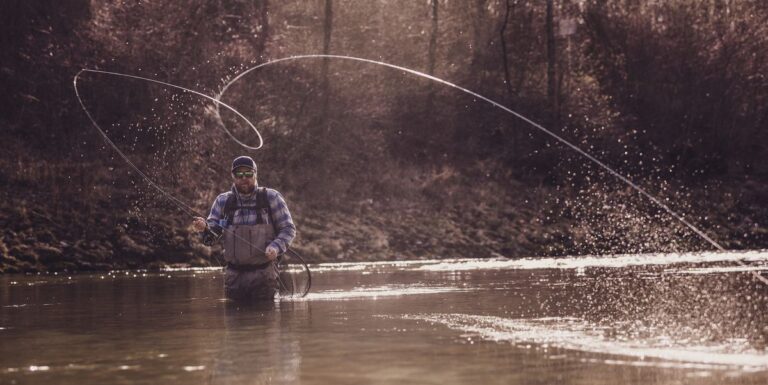To maintain and care for your fly fishing gear, regularly clean and dry your equipment after each use, store it properly, and inspect it for any signs of damage or wear. With proper care and maintenance, you can prolong the lifespan of your gear and ensure optimal performance.
Fly fishing is a popular angling technique that requires specialized gear to catch fish. Whether you’re a novice or an experienced angler, taking care of your fly fishing gear is crucial to its longevity and performance. By following a few simple maintenance steps, you can ensure that your gear stays in top condition and ready for your next fishing adventure.
We will explore the essential tips and techniques to maintain and care for your fly fishing gear, from cleaning and storing to inspecting for damages. So, let’s dive in and learn how to prolong the lifespan and keep your fly fishing gear in excellent shape.
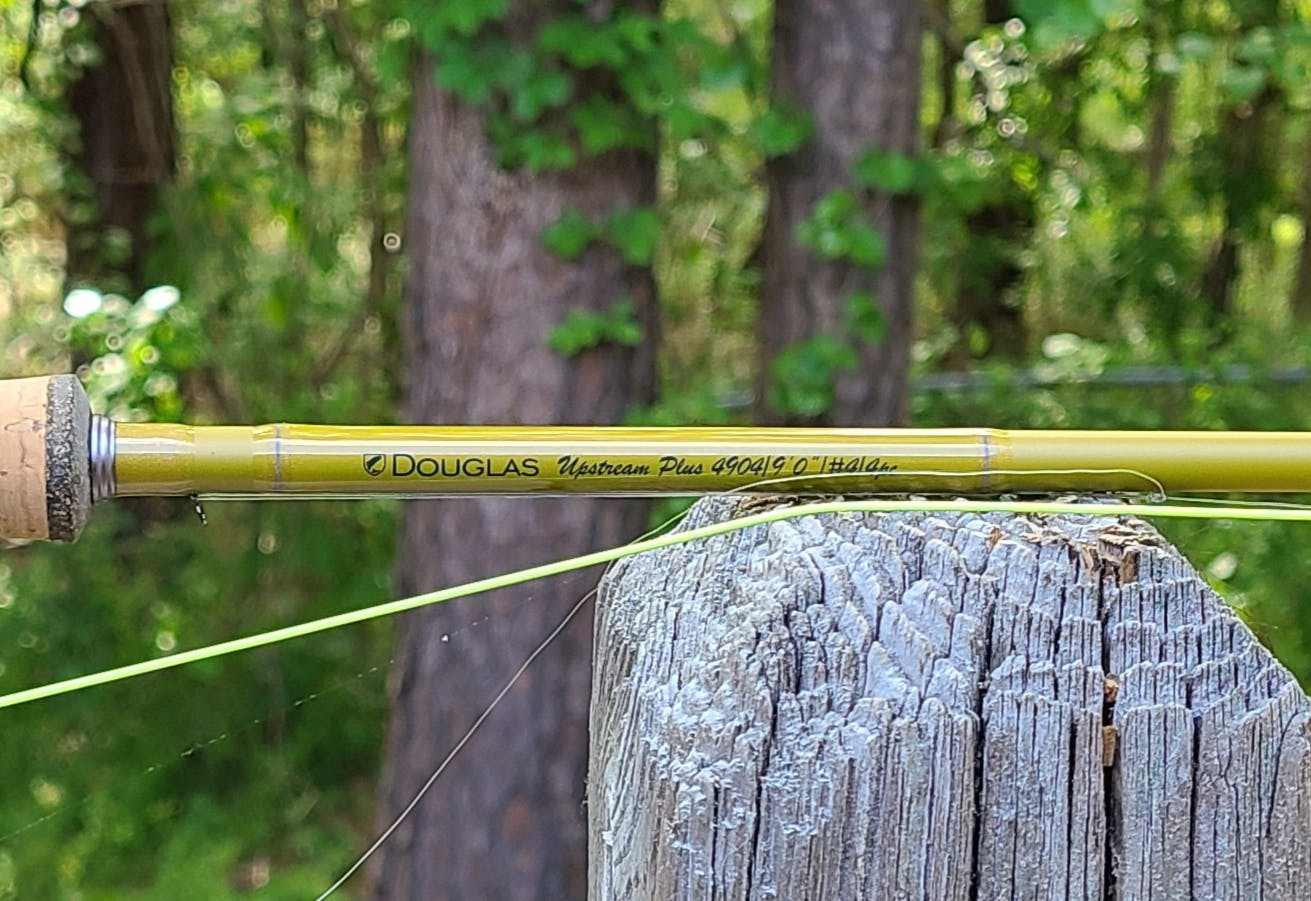
Credit: www.curated.com
Importance Of Proper Maintenance (Seo-Friendly)
Importance Of Proper Maintenance
Proper maintenance is crucial when it comes to taking care of your fly fishing gear. Not only does it extend the lifespan of your equipment, but it also ensures optimal performance during your fishing trips. By following a regular maintenance routine, you can save money on frequent replacements, allowing you to make the most of your gear.
Let’s take a closer look at why proper maintenance is essential for all fly fishing enthusiasts.
Extends The Lifespan Of Your Fly Fishing Gear
Taking care of your fly fishing gear can significantly extend its lifespan, allowing you to enjoy it for many seasons to come. Here are some key points to remember:
- Regularly clean your gear: After each fishing trip, make sure to clean your rod, reel, and line properly. Use a mild soap and freshwater to remove dirt, debris, and saltwater residue that may have accumulated.
- Protect your gear from extreme conditions: Store your gear in a cool, dry place away from direct sunlight. Extreme heat or cold can damage your equipment over time, affecting its performance.
- Inspect for damages: Take the time to inspect your gear for any signs of wear and tear. Look for loose or broken parts, frayed lines, and rusted components. Addressing these issues promptly can prevent further damage and ensure your gear remains in top shape.
Ensures Optimal Performance During Fishing Trips
Proper maintenance plays a crucial role in ensuring your gear performs at its best when you’re out on the water. Here’s what you need to keep in mind:
- Regularly lubricate moving parts: Apply a thin layer of lubricant to the moving parts like reel handles, clickers, and drag systems to keep them functioning smoothly. This helps reduce friction and ensures optimal performance.
- Check and adjust the line: Inspect your line for any twists, kinks, or tangles. These can affect your casting ability and overall performance. Straighten and adjust your line as necessary to maintain its integrity.
- Keep your reel clean and well-maintained: Remove any dirt or debris from your reel, paying attention to the drag system. A clean reel with a properly adjusted drag system will enhance your fishing experience and minimize the risk of line breakage.
Saves Money On Frequent Replacements
By giving your fly fishing gear the attention it deserves, you can save money on constant replacements. Here’s how maintenance helps you:
- Prevents costly repairs: Regular maintenance can catch small issues before they become major problems, saving you from expensive repairs or having to replace the entire gear.
- Maximizes the lifespan of your gear: When you properly maintain your equipment, it lasts longer, reducing the need for frequent replacements. This ensures that you get the most value for your investment.
- Enhances performance: Well-maintained gear performs better, allowing you to make accurate casts and reel in your catch smoothly. This means you won’t have to spend money on additional equipment or accessories to compensate for subpar gear performance.
Proper maintenance is the key to ensuring that your fly fishing gear remains in top condition. By extending its lifespan, enhancing performance, and saving you money on replacements, maintenance becomes an integral part of any angler’s routine. So, make sure to incorporate regular maintenance into your fly fishing journey and enjoy the rewards it brings.
Happy fishing!
Essential Gear Cleaning Techniques (Seo-Friendly)
Cleaning Delicate Fly Rods And Reels
Fly fishing gear, such as delicate fly rods and reels, requires regular cleaning and maintenance to ensure optimal performance and longevity. When it comes to cleaning these essential pieces of equipment, there are a few key techniques to keep in mind:
- Using mild soap and water: Start by gently washing your fly rods and reels with mild soap and water. This will help remove any dirt, grime, or other contaminants that may have accumulated during your fishing expeditions.
- Avoiding harsh chemicals: Harsh chemicals can damage the delicate materials of fly rods and reels. Therefore, it is essential to avoid using any abrasive or corrosive substances. Stick to mild soap and water for safe and effective cleaning.
- Removing dirt and debris from fly lines and leaders: Fly lines and leaders can become dirty and clogged with debris over time. To clean them, simply wipe them down with a clean cloth to remove any loose dirt or particles. For more thorough cleaning, consider soaking them in warm water with a mild detergent.
Cleaning And Lubricating Fly Reels
Properly cleaning and lubricating your fly reels is crucial for their smooth operation and longevity. Here are the essential steps to follow:
- Disassembling the reel carefully: Begin by carefully disassembling the fly reel, following the manufacturer’s instructions. Take extra care to remember the order and placement of each component to ensure proper reassembly later.
- Removing any dirt or corrosion: Using a soft brush or cloth, gently remove any dirt, grime, or corrosion from the reel’s components. Pay attention to hard-to-reach areas such as crevices and gear teeth. Avoid applying excessive force to prevent damage.
- Applying reel oil and grease: Once the reel is clean, it’s time to lubricate it for smooth operation. Apply a small amount of reel oil to the internal moving parts, such as gears and bearings. Additionally, use reel grease on areas that require more substantial lubrication, such as the drag system or reel handle.
Remember, regular cleaning and maintenance of your fly fishing gear will help prolong its lifespan and ensure optimal performance on the water. By following these essential cleaning techniques, you can keep your delicate fly rods and reels in top shape for many successful fishing seasons to come.
Proper Storage To Maintain Gear’S Integrity (Seo-Friendly)
Dry And Ventilated Storage Space:
- Ensure that you store your fly fishing gear in a dry and ventilated area to maintain its integrity.
- A humid environment can lead to rusting of hooks, corrosion of reels, and the growth of mold on fly lines and other accessories.
- Avoid storing your gear in basements, garages, or areas prone to moisture, as it can cause irreparable damage.
Using Rod Tubes And Reel Covers:
- To protect your rods and reels from scratches, dings, and other damages, invest in rod tubes and reel covers.
- Rod tubes provide a secure and padded housing for your fly rods, preventing them from getting bent or broken during transportation or storage.
- Reel covers are designed to shield your reels from dust, dirt, and accidental impacts, ensuring their longevity and optimal performance.
Organizing And Protecting Fly Fishing Accessories:
- Keep your fly fishing accessories organized and protected by using suitable storage solutions.
- Use tackle boxes or bags with dividers to separate and organize your flies, lines, leaders, tippets, and other small accessories.
- This not only makes it easier to find what you need quickly but also prevents items from getting tangled or damaged.
Keeping Flies In Fly Boxes To Prevent Damage:
- Store your flies in fly boxes to protect them from damage and maintain their effectiveness.
- Fly boxes are designed to keep flies secure, preventing them from getting crushed, torn, or lost.
- Organize your flies by pattern, size, and type to make it easier to select the right fly for any fishing situation.
Storing Gear In A Cool And Dark Environment:
- Optimal storage conditions for fly fishing gear involve keeping it in a cool and dark environment.
- Excessive heat can cause the materials of your gear, such as fly lines and leaders, to degrade faster.
- Keep your gear away from direct sunlight, as uv rays can weaken lines and fade colors over time.
Protecting Gear From Uv Rays And Heat Exposure:
- Shield your fly fishing gear from uv rays and heat exposure to prolong its lifespan.
- Consider using gear covers or uv protective sprays to minimize the detrimental effects of the sun.
- Avoid leaving your gear in a hot car or exposed to extreme temperatures, as it can compromise its performance and durability.
Remember, by properly storing your fly fishing gear, you can ensure its longevity and maintain its integrity for many seasons of memorable angling adventures.
Conclusion
Overall, maintaining and caring for your fly fishing gear is essential in keeping it in optimal condition and ensuring its longevity. By following the key steps mentioned above, such as rinsing your gear after each use, properly drying and storing it, and performing regular maintenance, you can extend the lifespan of your fly fishing equipment.
Remember to check your gear for any signs of damage or wear and tear, and address any issues promptly. Investing time and effort in maintaining your gear will not only save you money in the long run but also enhance your overall fishing experience.
So, make it a habit to take proper care of your fly fishing gear and enjoy many successful and memorable outings on the water. Happy fishing!

